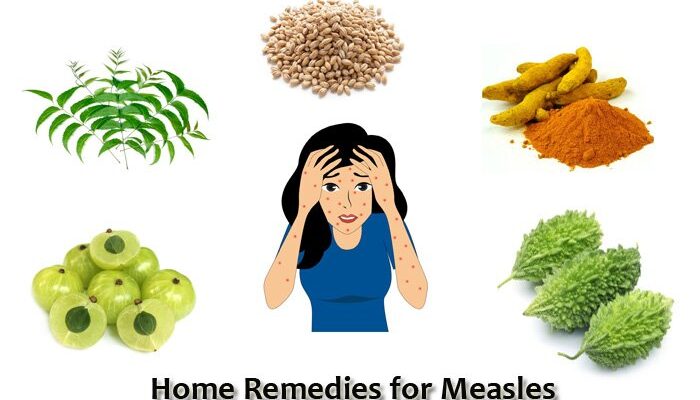Measles, or tigdas, is a highly contagious viral illness that can be effectively prevented through vaccination. The measles vaccine is a safe and effective way to protect yourself and your loved ones from this disease. Here’s what you need to know about preventing measles and reducing its spread.
Vaccination: The Best Line of Defense
The measles vaccine is the cornerstone of prevention and is often administered in two ways:
- Single-dose measles vaccine: Given to children as early as nine months old.
- MMR vaccine: A combined vaccine that protects against measles, mumps (beke), and rubella (tigdas-hangin). This is typically given in two doses:
- First dose at 12-15 months old.
- Second dose at 4-6 years old.
Vaccination is available at pediatric clinics and hospitals. If you’re unsure of your vaccination status, consult your doctor or local health center.
Vaccination for Adults
Adults who have not been vaccinated or have no record of previous measles infection should consider the MMR vaccine. This is particularly important for:
- Healthcare workers: Due to higher exposure risks.
- Travelers: Visiting areas with ongoing measles outbreaks.
- Women of childbearing age: Vaccination is recommended before pregnancy to prevent complications in unborn children caused by rubella, which is included in the MMR vaccine. Pregnant women, however, should not receive the vaccine.
Isolation and Prevention of Spread
If you or someone in your household has measles, take the following steps to prevent transmission:
- Limit contact with others: Avoid close contact with unvaccinated individuals, especially children and pregnant women.
- Stay at home: Isolate the affected person until at least four days after the rash appears, as this is the most contagious period.
- Practice hygiene: Wash hands frequently, disinfect shared surfaces, and encourage the use of face masks to reduce the spread of droplets.
Immunity After Infection
Measles typically occurs only once in a person’s lifetime. If you have already had measles, you are generally immune for life and will not get the disease again.
Symptoms to Watch For
Recognizing the early signs of measles can help prevent its spread. Symptoms typically appear 7-14 days after exposure and include:
- High fever.
- Cough and runny nose.
- Red, watery eyes.
- Koplik spots (small white spots inside the mouth).
- Rash that spreads from the face to the rest of the body.
When to Seek Medical Attention
If you suspect measles in yourself or a family member, consult a doctor immediately. Early diagnosis is crucial for proper care and to prevent complications, such as pneumonia, ear infections, or brain inflammation (encephalitis).
Community Protection
Vaccination not only protects individuals but also contributes to herd immunity, safeguarding those who cannot be vaccinated, such as infants and immunocompromised individuals. Ensuring that you and your family are vaccinated helps prevent outbreaks and protects the most vulnerable members of society.
By getting vaccinated and practicing preventative measures, you can significantly reduce the risk of contracting and spreading measles. Protect yourself, your family, and your community by staying informed and taking proactive steps against this preventable disease.


